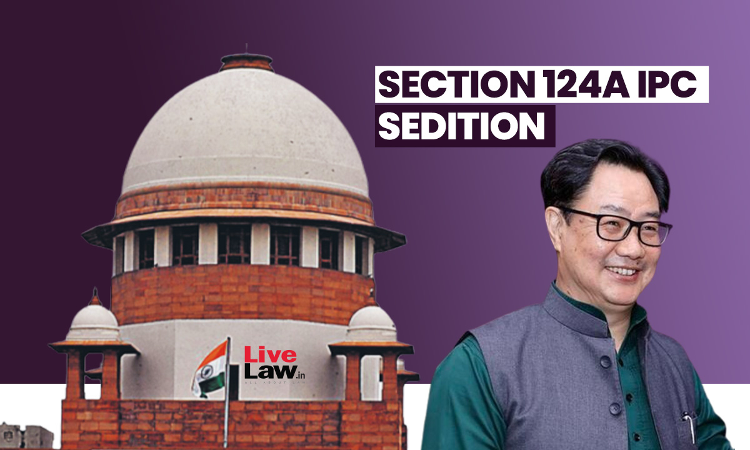"I Was Very Upset About It": Law Minister Kiren Rijiju Criticises Supreme Court's Order Keeping In Abeyance The Sedition Law
Sparsh Upadhyay
5 Nov 2022 11:07 AM IST

Next Story
5 Nov 2022 11:07 AM IST
Speaking at the India Today conclave in Mumbai, the Union Law Minister Kiren Rijiju on Friday said that he was 'upset' about the fact that the Supreme Court decided to 'strike down' the Sedition Law earlier this year despite the fact that Government had informed the Court that it was thinking to make changes to the Law.#SeditionLaw"We told the #SupremeCourt that the government is thinking...
